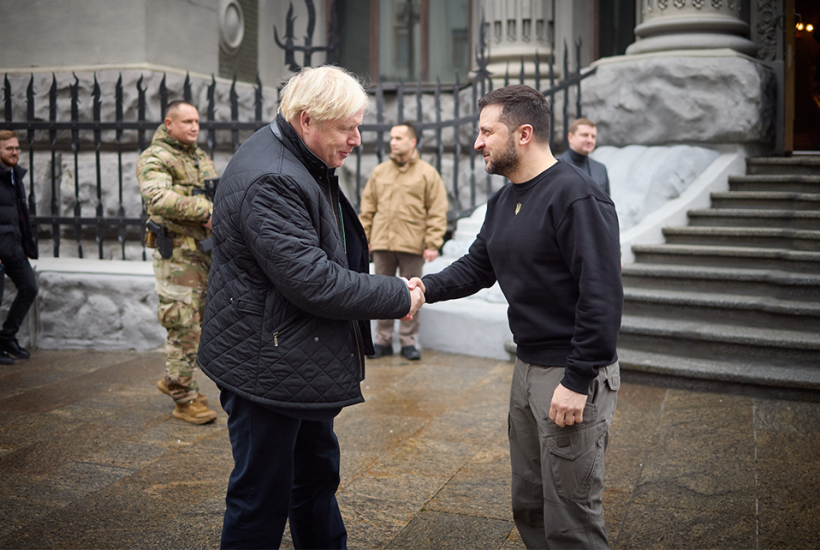Last week, en route to Oxford, I dropped in on Boris Johnson at his rural retreat, where he is writing his ‘not exactly memoirs’. Unlike Cincinnatus, he has no plough, but he does possess one of those squat, computer-driven lawnmowers which move silently about the lawn, grazing. Boris is impulsive. At lunch, he suddenly said: ‘Let’s play tennis.’
Already a subscriber? Log in
Subscribe for just $2 a week
Try a month of The Spectator Australia absolutely free and without commitment. Not only that but – if you choose to continue – you’ll pay just $2 a week for your first year.
- Unlimited access to spectator.com.au and app
- The weekly edition on the Spectator Australia app
- Spectator podcasts and newsletters
- Full access to spectator.co.uk
Or
Unlock this article
You might disagree with half of it, but you’ll enjoy reading all of it. Try your first month for free, then just $2 a week for the remainder of your first year.









Comments
Don't miss out
Join the conversation with other Spectator Australia readers. Subscribe to leave a comment.
SUBSCRIBEAlready a subscriber? Log in